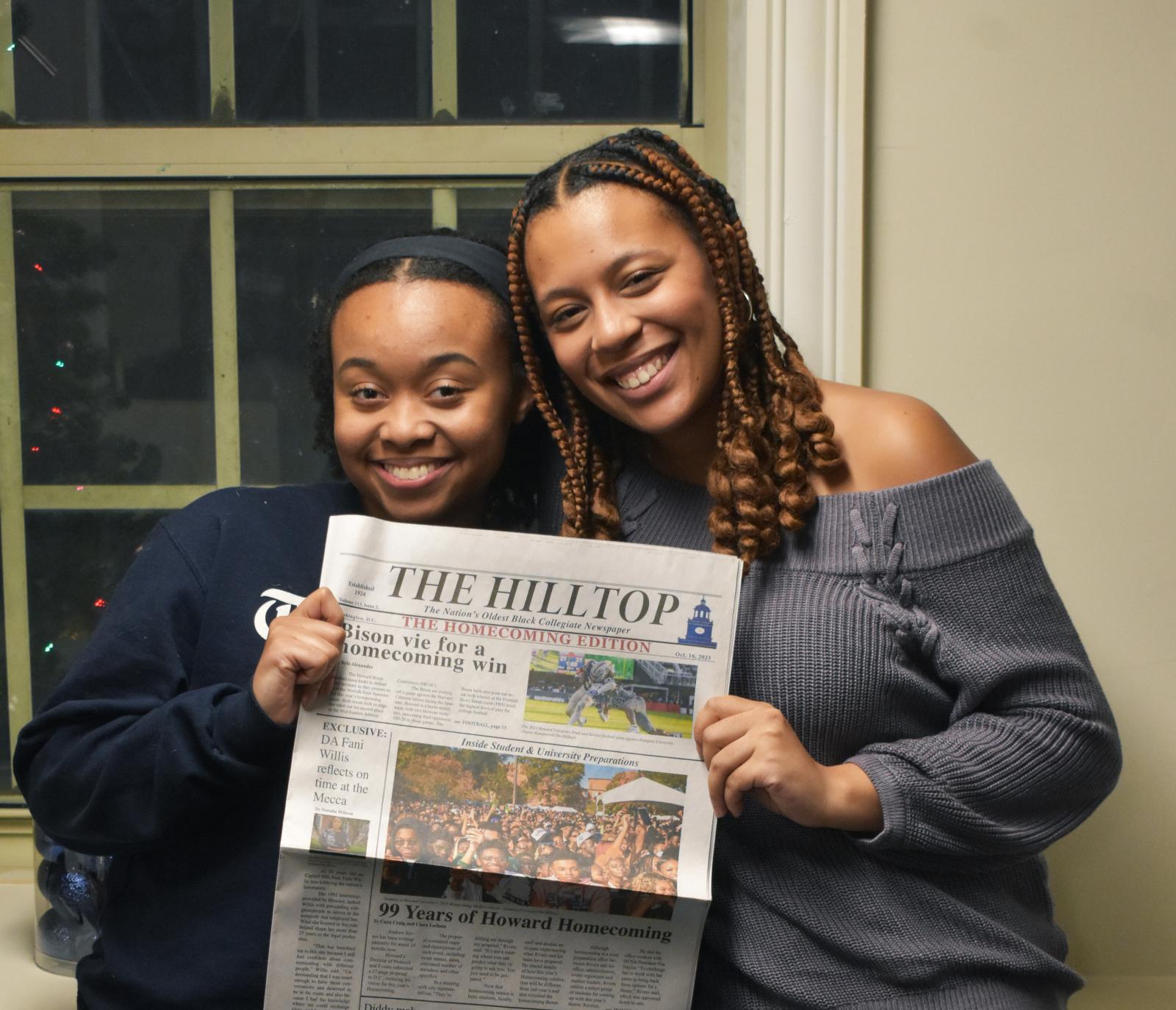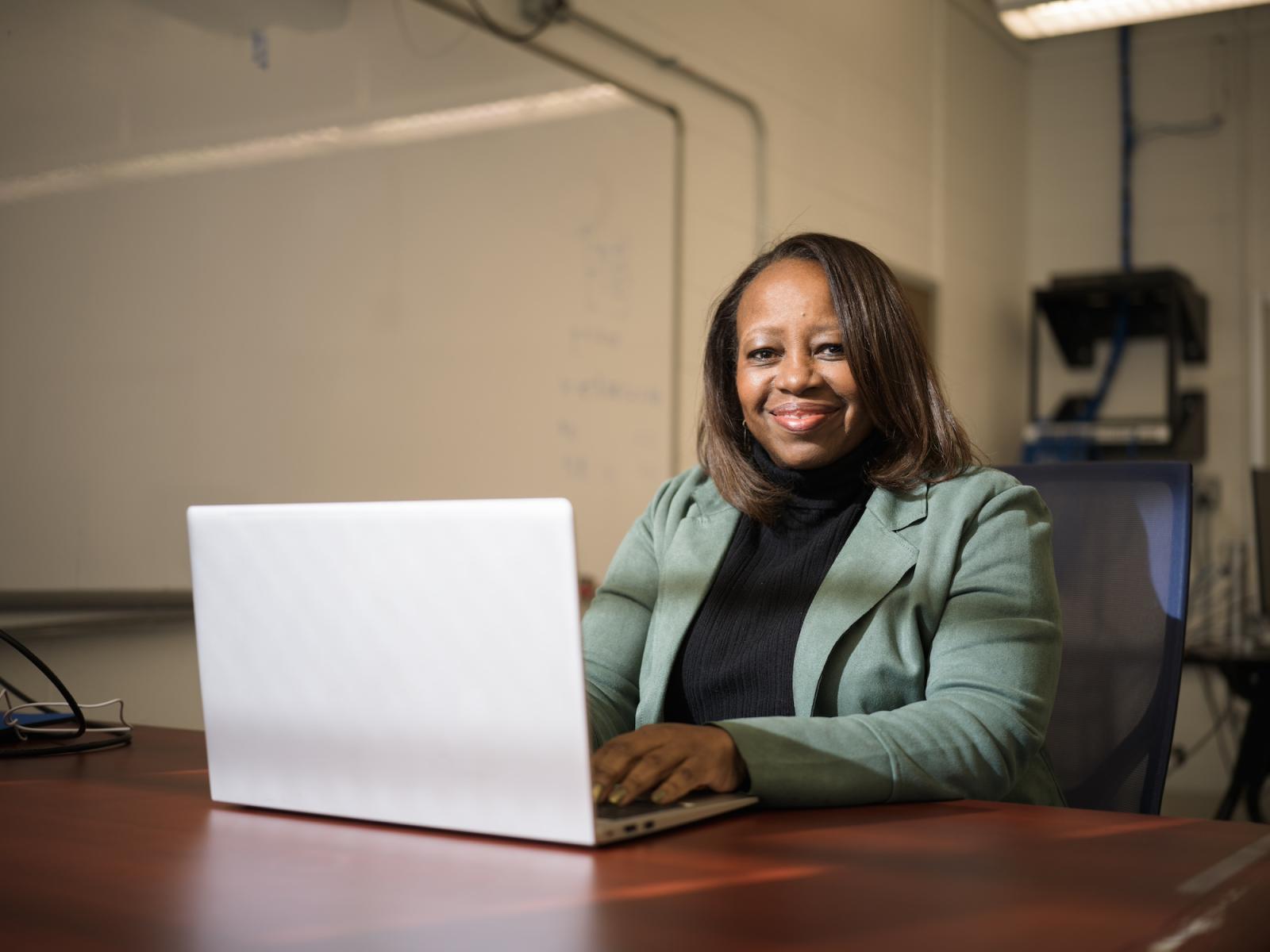Truth tellers tell the truth. It’s that simple. In recent years, however, the job of journalists has become more challenging with concerted efforts to erode trust in the media and the insurmountable task of having to explain the unexplainable. How do you explain book bans on track legend Wilma Rudolph or baseball pioneer Hank Aaron? Or that opponents of critical race theory (CRT) don’t even understand CRT? Or why hard-fought gains, such as voting rights and reproductive rights, are being eroded?
These are just a few reasons why newsrooms need to reflect the demographics of the country. News influences decision makers who make decisions about us. News influences the thoughts and actions of everyday people who affect our everyday lives.
We are preparing a new generation of truth tellers who are using the power of their pens and tech tools to hold power to account.”
During my time in newsrooms from the Toledo Blade to The New York Times, I consistently challenged my peers and top editors to do a better job of covering communities of color. Sometimes that meant “spirited” debates, individual lessons on Black Studies 101, sharing my contacts so that reporters could enrich their interviews with various Black perspectives, and strategizing with other Black employees to address problems by any means necessary. Through the National Association of Black Journalists, we have helped citizens understand how newsrooms work, how to make their voices heard, and why this is important.

At the Mecca, we prepare students to do the same and much more – especially as we head into another contentious presidential election.
The School of Communications was born in 1971, partly through multipronged efforts to address the Kerner Report’s criticism that the media’s imbalance in hiring and coverage of race relations was largely to blame for rebellions during the late sixties and the nation’s move toward “two societies, one black, one white – separate and unequal.” While newsrooms have made some improvements since the National Advisory Commission on Civil Disorders released its 1968 report, named for its chairman, Illinois Gov. Otto Kerner, the gains were never universal. And unlike Nike’s mantra to “Just Do it,” the news industry continues to fall short on its diversity goals. Nor has it mastered coverage of race and ethnicity. No wonder some white Americans are shocked about the “browning of America” even though it’s nothing new.
And still we push.
We take advantage of being in the nation’s capital to help our journalism students learn how to cover the three branches of government. They work alongside professional journalists at the White House, on Capitol Hill, and in U.S. Supreme Court. They discover the importance of local, state, and national elections, from covering Advisory Neighborhood Commissions throughout the eight wards of Washington, D.C., to Democratic and Republican national conventions where they’ve been able to see alumni in action.
We also host a “Reporting While Black” series, which highlights special issues that journalists face on the job because of their race and ethnicity, such as being arrested while covering protests despite displaying their news credentials. Journalists have also told students and community members about their experiences covering the January 6th attack on democracy and 9/11, which turned out to be cathartic for reporters who hadn’t considered their own trauma in chronicling terrorism over the last two decades.
Through this series, our curriculum and vast campus media, which includes The Hilltop, HUNewsService.com, and the nation’s only collegiate fact-checking site, TruthBeTold.news, we are preparing a new generation of truth tellers who are using the power of their pens and tech tools to hold power to account – and to explain the unexplainable as we head into the next election.
Yanick Rice Lamb is a professor of journalism in the Cathy Hughes School of Communications at Howard University (MBA ’05; PhD ’23).
Article ID: 1806
Keep Reading
-

A Centennial of Writers: The Hilltop Celebrates 100 Years of Storytelling
The Hilltop, the oldest Black collegiate paper in America, will celebrate 100 years of publication on January 22, 2024. The entity, founded by Zora Neale Hurston and Louis E. King, continues to serve as the voice and record keeper of Howard University.




